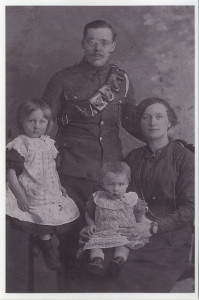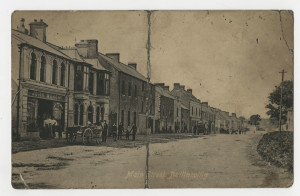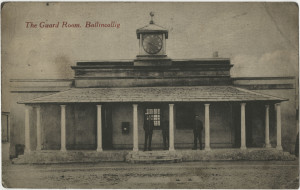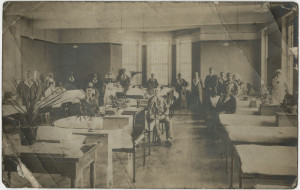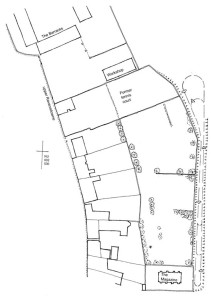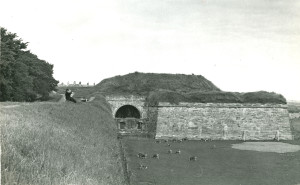BERWICK ADVERTISER, 25TH JUNE 1915
A MAIDEN COURT
White Gloves to the Mayor
Flattering Reference to the Military.
On Thursday, at Berwick Petty Sessions, there was a unique little ceremony of presenting a pair of white gloves to the presiding Magistrate, the Mayor (Mr Thomas Wilson), to mark the gratifying fact that there were no cases for disposal. The other Magistrates on the bench were:- Captain F.M. Norman, R.N., Mr H. G. McCreath, Mr A. J. Dodds, Alderman Plenderleith, and Mr Thomas Purves.
The Clerk (Mr James Gray), addressing the Bench, said he was pleased to say that the inhabitants of the town were earning a reputation for law-abiding and keeping the peace. The terrors of the war had been brought home to its citizens during the last few weeks, and many of their gallant sons had laid down their lives in defence of the country. It was a pleasure to think that those remaining at home were so law-abiding, and had such a respect for law and order, and there were no cases before their Honours that morning. He had much pleasure, therefore, following the old custom, in asking his Worship to accept a pair of familiar white gloves in token of a maiden Court.
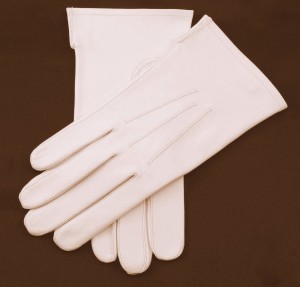
His Worship the Mayor said that on behalf his brother Magistrates and himself he had much pleasure in saying how pleased they were to think that there was no business for the Court. He hoped it would continue, and that there would be many more occasions when no cases of crime would be reported. While the occurrence of such maiden Courts imposed a penalty on the Clerk in supplying the gloves, he was sure it was one which the Clerk was delighted to bear.
Chief Constable Nicholson said he desired to congratulate the Mayor in being presented with the white gloves, and he also wished to congratulate the Bench generally on the absence of crime in the Borough. There was practically no crime, and such a state of matters must be gratifying to their Honours as well as the officers of the various regiments quartered here, especially Colonel Pennyman and Colonel Peterkin. He was very glad to say that he had practically no trouble whatever with the men. This was specially gratifying when they remembered the hundreds of men who arrived and left the town week after week; they gave the men a hearty welcome when they came, and wished them God speed when they went away. He hoped the present state of matters would long continue.
The Court then rose.
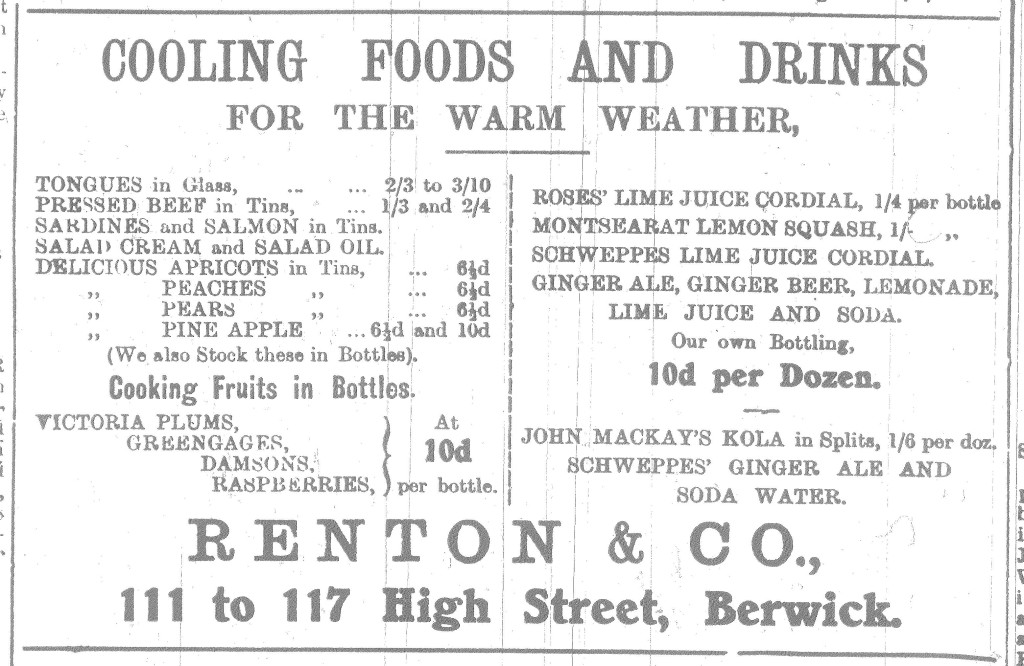
BERWICK SECOND CONTINGENT OF WOUNDED SOLDIERS
ARRIVAL ON FRIDAY NIGHT
A special hospital train arrived in Berwick Station on Friday night about 9 o’clock containing 90 wounded men- this being 16 more than arrived with the first contingent in November. Colonel C.L. Fraser, Berwick, was informed early on Friday morning that the wounded would arrive at night and forthwith arrangements were made for their reception and the three hospitals were quickly got ready, viz- Bell Tower, Parochial Hall, and Berwick Infirmary. Dr C.L. Fraser was responsible for all the arrangements and he had the capable assistance of Mr W.J. Dixon. the transport officer was Colonel Peterkin, 2nd/10th Royal Scots, while accompanying him were many of the officers of the Royal Scots in charge of the stretcher-bearers, while Mr R.C. Clements, assisted by the Boy Scouts, saw that the wounded went to the hospital to which they had been allocated. As on the last occasion at the station the members of St. John’s Ambulance Association rendered invaluable assistance in carrying the wounded from the train, they being under the supervision of Mr Bate, the secretary of the local branch of St. John’s. There was an abundance of cars to convey the wounded to the hospitals and a large crowd assembled to witness the arrival. The wounded are more serious cases than on the last occasion, there being 41 stretcher cases against none on the last occasion. The hospital train left Southampton at ten o’clock on Friday morning and was therefore eleven hours on the road. An R.A.M.C. Private who is an attendant on the train informed an “Advertiser” representative that there were a number of “gassed” amongst the contingent, but they had all kept wonderfully cheerful during their long journey.
WOUNDED SOLDIERS
BELL TOWER HOSPITALS DONATIONS
Eggs– Mrs Craik, Low Greens; Mrs Ritson, Mrs Richardson, West Hope; A Friend, Miss Weatherhead, Miss Bridgewater, A Friend.
Fresh Butter-Miss Forbes, Miss Weatherhead.
Jam Puddings, etc.- Mrs Bald , Mrs Trotter, A Friend.
Jelly– Mrs Caverhill.
Scones, Cakes.- Captain Herriot, Mrs Purves, Mrs T.C.Smith, Miss Bridgins, Matron Hawick Hospital, Miss Roberts, Queen’s Nurse, Hawick. Mrs Hotham
Boiled Ham– Mr H.Taylor, pork butcher, High Street, Berwick.
Fruit, Flowers, and Vegetables– Mr Renton, High Street; Miss Alder, A Friend, Mr W. S.Dods, Mrs Roper, Mrs Comfort, Mrs Skelly, Mrs T.C. Smith, A Friend.
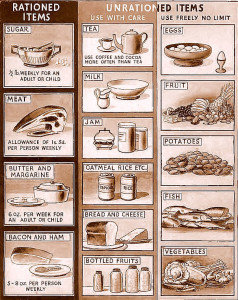
Motor Drives– Mrs Campbell Renton, Capt. Herriot.
Chocolates– Capt. Mackay, Lieut. Wolfe, 2nd Lieuts. Blair, D. F. McLaren Grant, 2/10th Royal Scots.
Cigarettes, Smokes, etc– Miss Rita Blackney, Garage; Unionist Club, A Friend, Mrs Campbell Renton, Mrs Bell, Peelwalls; Masters Jack Grahame Stoddart.
Illustrated Papers, Books, etc– Miss Caverhill, Mrs Campbell Renton, Miss Purves, Mrs Gemmell, Mr H. R. Smail, Master Wright, butler at Mordington House, Mrs Kennedy, 23 Tweed Street; Mrs Scott, Mr A.Darling, Mrs Watson. Miss Dudgeon, A Friend.
Stationary– Mr H R Smail, Mr Martin, Victoria Buildings; Mrs Patterson.
Use of Marquee– Mr Renton, High Street.
Aerated Waters– Messrs Johnston and Darling.
Gramophone– Miss Herriot. Mr R R Riddell.
Records – 2nd Lieutenant Robertson, 2/10th Royal Scots.
Linen– Mrs Jackson.


